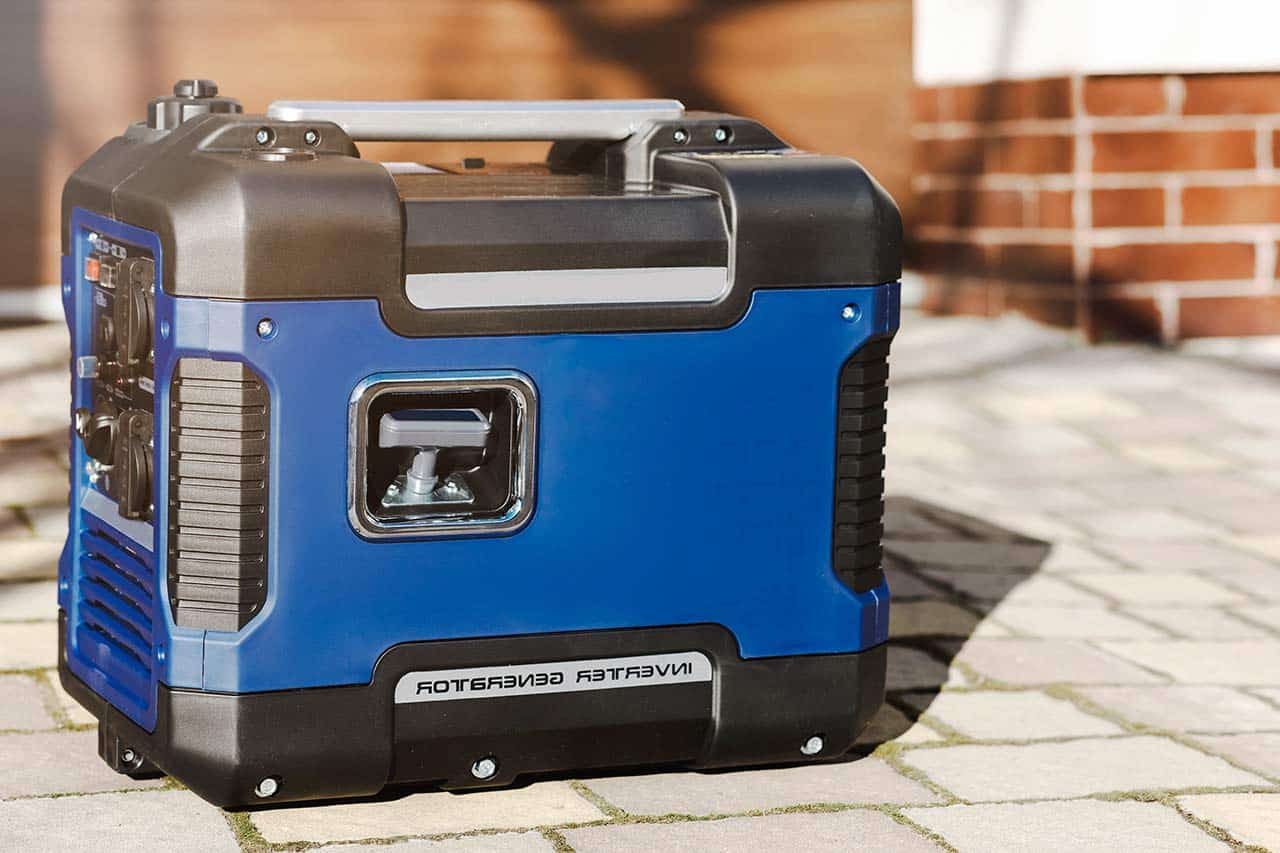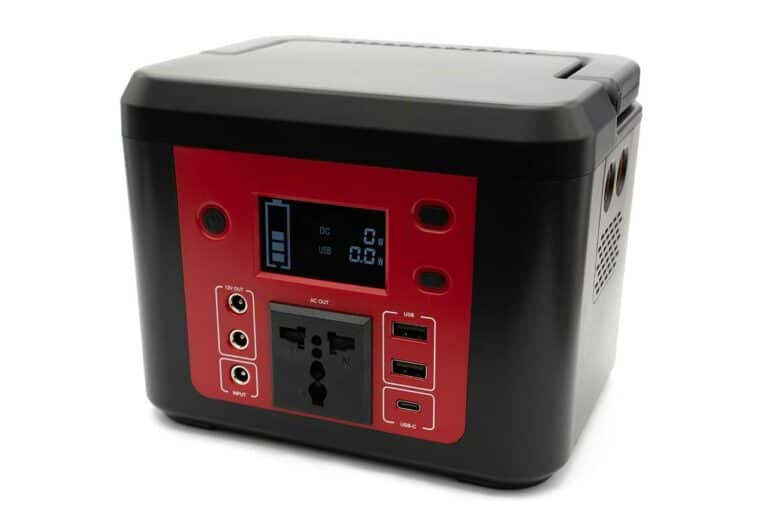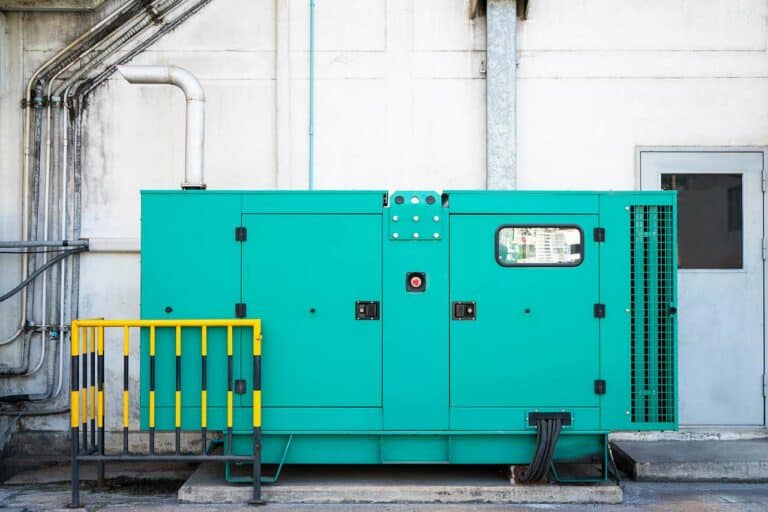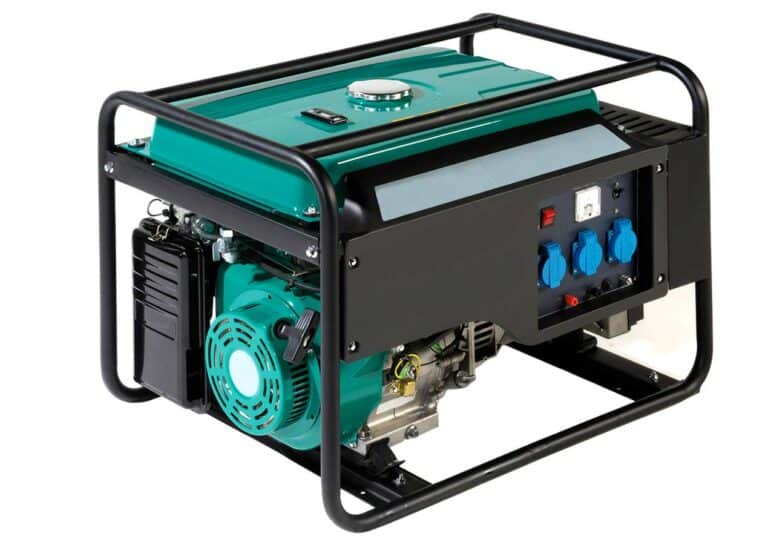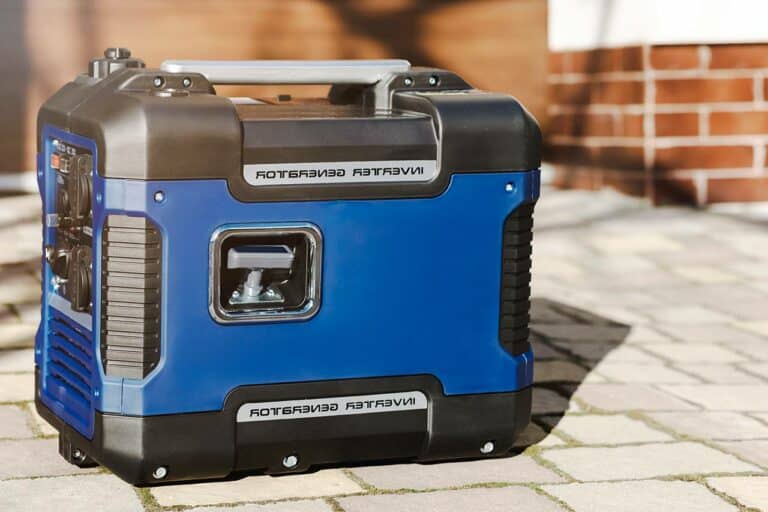How Long Does Gas Stay Good In A Generator? (Must Know Storage Tips)
If you’re using a gas-powered generator for emergency preparedness, the last thing you need is for your generator to fail when you need it the most. Understanding the shelf life of gasoline and how to properly store it will give you reassurance that your generator will be ready to go when you need it.
As for how long gas stays good inside a generator, there’s unfortunately no one-size-fits-all answer to this question, as the longevity of gas in a generator depends on factors like the type of gasoline and storage conditions. Untreated gasoline can last between one and six months in a generator’s fuel tank, though the gas will naturally degrade over time due to a process called oxidation.
Generators with carburetors could experience stale gas issues if left unused for extended periods, so it’s essential to stay on top of maintenance for those older models. The bottom line is that you should take measures to ensure your generator runs on clean and stable fuel to avoid any surprises.
The Shelf Life of Gasoline
So, let’s talk shelf-life. Depending on the type and storage conditions of your generator, gasoline can last anywhere from 3 months to upwards of a year. It’s important to note that the quality of gasoline degrades over time, though, losing its combustibility due to oxidation and evaporation of volatile compounds. This can make your generator less effective.
When it comes to ethanol-blended gas, their shelf life may also be shorter. Regular gasoline with a blend of 10% ethanol (E10) has a shelf life of 3 to 6 months. High ethanol blend fuels like E15, E20, and E85 can lose combustibility in just 1 to 3 months due to oxidation and evaporation. Basically, gas quality matters.
Now, if you’re lucky enough to find pure, ethanol-free gasoline, you can expect a longer shelf life, up to a year or even more if properly stored. But no fuel remains fresh forever, so always be mindful of the age of gasoline in your generator.
To extend the life of your gasoline, consider these tips:
- Don’t store gas in the generator. Store it in a tightly-sealed, approved container instead.
- Keep stored gas (or your generator) in a cool, dry place away from direct sunlight.
- Consider using a fuel stabilizer to slow down fuel degradation.
Fuel Stabilizers and Their Role
Fuel stabilizers help extend the life of gasoline in your generator by slowing down the oxidation process. Depending on the brand of stabilizer you use, it can preserve your gas for at least a year.
How does it work? A fuel stabilizer keeps your gasoline fresh by preventing exposure to atmospheric oxygen and moisture, which are the culprits behind fuel breakdown. You can add it to your gasoline when you fill your generator and it will help keep the gas fresh longer.
Leaving Gas in a Generator
Ideally, you won’t store the gas for your generator within the generator itself. Leaving gas in a generator for too long can cause various problems that could affect its performance. Over time, untreated fuel can become a harmful corrosive agent, leading to fuel degradation and engine damage.
Here are some of the issues it can cause:
Corrosion: When gas is left in a generator for a long time, deposits can form, causing corrosion in the fuel system. This can be damaging to the internal parts of the engine, such as the carburetor and fuel lines, which may prevent the generator from working when you really need it.
Deposits: Untreated fuel can leave deposits in the fuel system and on the engine parts of a generator, affecting the generator’s overall performance. This can lead to complications like a clogged carburetor or valves, and even damage the engine’s internal components.
Moisture and Condensation: One of the most common issues with leaving gas in a generator is moisture contamination. When your generator sits for an extended period, condensation can build up in the fuel tank, leading to water in the gas. When this happens, the moisture can cause corrosion and potentially damage your generator’s engine. A fuel stabilizer can help with this, but it won’t prevent it completely.
Effects of Bad or Contaminated Gas
Leaving gas in your generator can lead to degradation and contamination of the fuel. So, what does that mean for the generator? Various potential issues, including poor engine performance, sputtering, and even damage to the generator.
When gas degrades in a generator, it can oxidize and evaporate, leaving behind gum residue and causing clogs within its fuel line. These clogs can prevent the fuel from reaching the engine, leading to inconsistent performance and a lack of power when you need it the most. In worst-case scenarios, degraded gas can even cause your generator to fail entirely.
These impurities, such as water, dirt, or rust in the fuel tank, can cause numerous problems, such as:
- Disruption of proper fuel flow: Water or debris can clog the fuel line, leading to a sputtering engine or even preventing your generator from starting.
- Damage to engine components: Contaminants can cause corrosion and wear on the engine’s internal parts, significantly shortening its lifespan.
- Reduction in fuel efficiency: A contaminated fuel mixture burns less efficiently, meaning your generator won’t perform as well as it could and might use more fuel than necessary.
Long-Term Storage and Maintenance
To prevent these issues, it’s crucial to keep your generator’s fuel clean and fresh to ensure optimal performance and longevity. By properly maintaining and storing your gas supply, you can help prevent those pesky issues caused by bad or contaminated gas.
Never forget that untreated gasoline breaks down and can start causing problems within 30 days. So, if you’re storing your generator for an extended period (more than 30 days), make sure to add a fuel stabilizer to keep the gas fresh and prevent any nasty issues later on.
During storage, make sure the fuel valve is off to prevent any leaks or unexpected problems. But before starting the generator, turn the fuel valve back on and give it time to get the gas flowing through the system.
When starting to run the generator, don’t overload it all at once. Start by running it with no load for a few minutes to let the engine warm up properly. Then, slowly increase the load to prevent any damage or quirks that could happen with prolonged storage.
So, how long does gas stay good in a generator?
It depends on how much oxidation and evaporation take place. Properly stored gas can last up to six months when the fuel tank is filled to its recommended level. To extend this period, you can add a fuel stabilizer additive, which can prolong gasoline’s life for up to a year or more.

